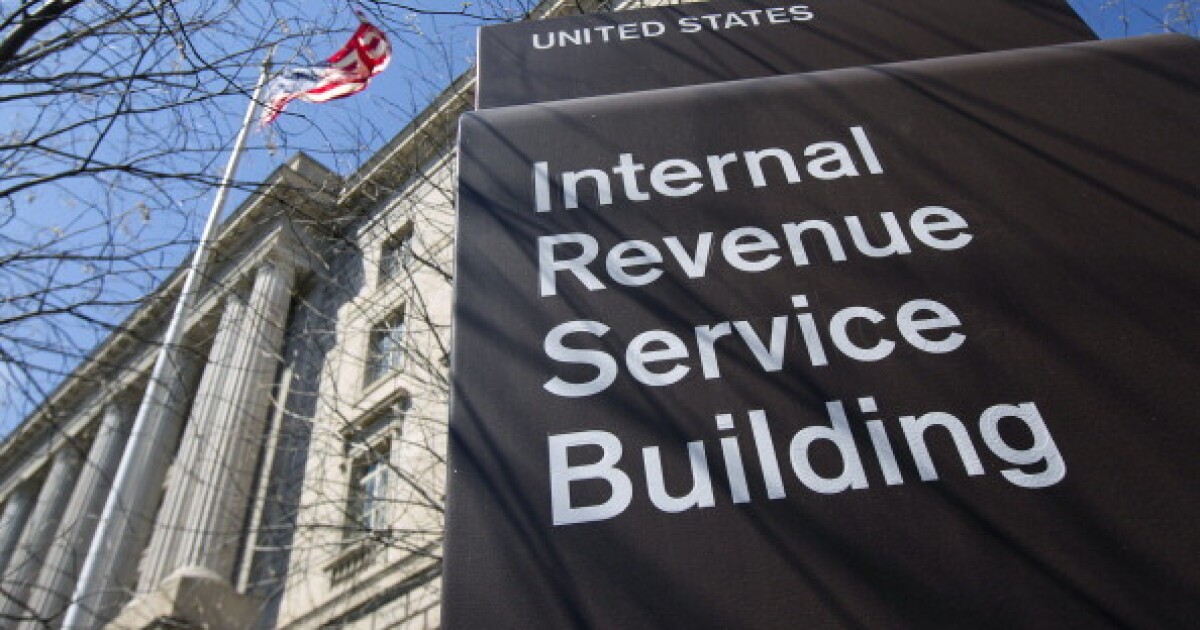Big Four firms Deloitte and PwC, and business software provider Intuit, each announced separate deals with Google to access the tech company’s cloud infrastructure and artificial intelligence capacities.
Intuit today announced a new collaboration with Google Cloud to expand support for common tax forms. Specifically, the company will be integrating Google Cloud Document AI technology as well as Google Gemini-based AI models into Intuit’s GenOS AI architecture.
This will allow Intuit to expand the number of forms it can support with AI. Specifically, AI can now automatically populate the 1099-B, 1099-COMP, 1099-OID and Form 1040 along with Schedules 1, 2, 3, A, C and E, which can all vary in complexity.
Intuit highlighted in particular the ability of the AI to now automatically extract data for stock, bond and crypto investors. The changes mean no longer needing to spend time navigating multiple screens per document and filling in 10 fields (depending on the number of transactions per brokerage), or manually transcribing data from multiple brokerage forms (which can vary significantly by format, verbiage, etc.) when preparing taxes.
“This tax season, we’re delivering on Intuit’s promise to millions of TurboTax customers to do the hard work for them—so they don’t have to,” said Intuit chief technology officer Alex Balazs. “Our collaboration with Google Cloud is making a big difference in the day-to-day lives of consumers this tax season. It’s a shining example of how we’re harnessing the power of Intuit’s AI, data and tax domain expertise—with world-class Google Doc AI and Gemini technology—on our GenOS to deliver breakthrough done-for-you experiences at scale. I’m fired up about our results to date, and excited about what the future holds.”
Deloitte
Big Four firm Deloitte announced it is expanding its already existing partnership with Google Cloud and AI business solutions provider Service Now in order to increase its own AI capabilities. As part of this expansion, Deloitte is introducing a suite of over 100 ready-to-deploy agents powered by Google’s Gemini models and Agentspace.
These agents are designed for a broad range of tasks across various industries and business functions, including customer service, procurement, technical, marketing, sales, legal and human resources. Industry-specific agents are also available for health care, consumer and financial services. The new agents include a contract redlining agent that can understand legal jargon when reviewing contracts and provide AI-powered insights and recommendations on how to optimize. A credit loan automation agent can auto-populate loan and credit documents with curated data and intelligence reports. A data transformation agent automates multiple steps in data engineering workflows, such as producing optimized BigQuery code or developing test cases.
“Clients are getting flooded with information about agents, and while they are interested, they often don’t know where to begin. That’s where we come in,” said Jason Salzetti, chair and CEO of Deloitte Consulting. “This is our largest investment yet with Google Cloud to provide a clear, structured path for businesses to adopt and scale agentic AI. With collaborations like Google Cloud and ServiceNow, we aim to be a one-stop-shop for clients to reimagine their operations, driving innovation and enhancing productivity across their entire enterprise platforms.”
Deloitte is also partnering with Google Cloud and ServiceNow to advance a new standard for AI agent interoperability, A2A, which will enable agents on any platform to securely interact, exchange information and coordinate actions. Deloitte and ServiceNow are already using this protocol on Google Cloud to build a unified agentic experience for field management. Organizations can resolve customer queries about late orders with integrated AI agents working across Google Cloud and ServiceNow. These AI agents will pull customer data from multiple sources like CRM, procurement and logistics to provide a unified view and recommendations.
PwC
On Monday, Big Four firm PwC announced its own collaboration with Google Cloud as part of a multiyear agreement to advance tax compliance services. Broadly, the collaboration will involve joint programs, such as recurring regional events, to proactively find and produce solutions to common client challenges.
Specifically, the collaboration builds on the existing Tax Control Centre collaboration — now known as Data Controls Engine — which provides real-time visibility into tax and finance data quality via control checks, exceptions testing and reconciliations. As part of the deal, the Data Controls Engine will feature a brand new AI agent from PwC for tax, focused on exception validation. This agent is underpinned by a suite of client-determined procedures that are tiered in accordance with their risk and materiality. Further, PwC will work with Google Cloud to embed a specific systematic set of agreed-upon tax data procedures to provide clients with a structured way of obtaining assurance over the quality, completeness and accuracy of not only their existing data but the broader data sets that are needed for new areas of compliance.
“We are pleased to announce our alliance with Google Cloud, which represents a significant step forward in transforming tax compliance services for our clients globally,” said Brad Silver, head of global tax and legal services for PwC, in a statement. “By leveraging Google Cloud’s cutting-edge technology and PwC’s deep knowledge in tax, risk and regulatory matters, we are confident that this collaboration will deliver unparalleled efficiency and innovation. Our joint efforts will empower clients with advanced tax data controls, seamless compliance solutions and a structured approach to ensuring the quality and accuracy of tax data using innovative AI and agentic AI capabilities.”


 Economics1 week ago
Economics1 week ago
 Blog Post4 days ago
Blog Post4 days ago
 Personal Finance7 days ago
Personal Finance7 days ago
 Accounting1 week ago
Accounting1 week ago
 Economics1 week ago
Economics1 week ago
 Economics1 week ago
Economics1 week ago
 Economics5 days ago
Economics5 days ago
 Personal Finance7 days ago
Personal Finance7 days ago












